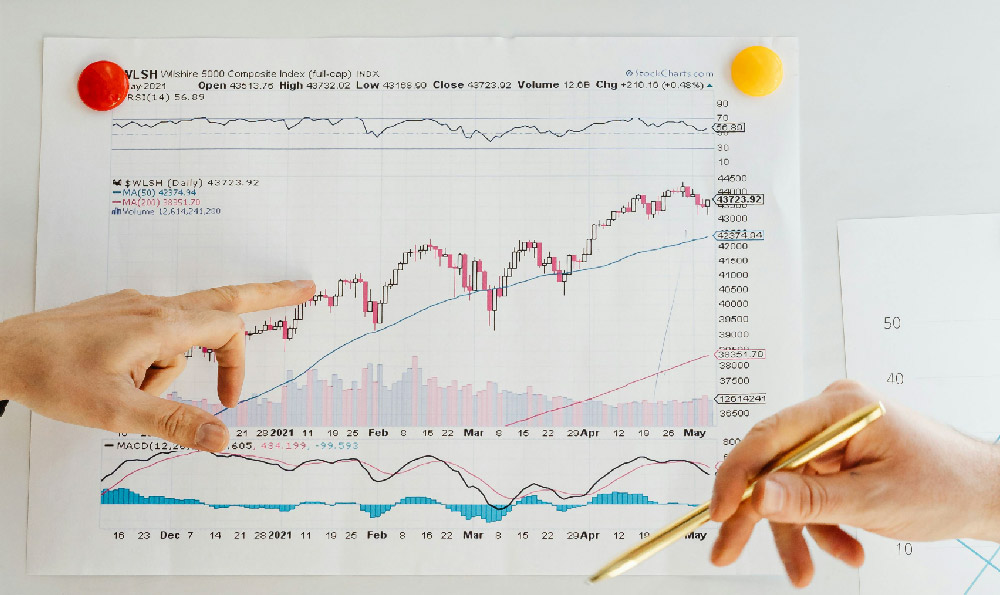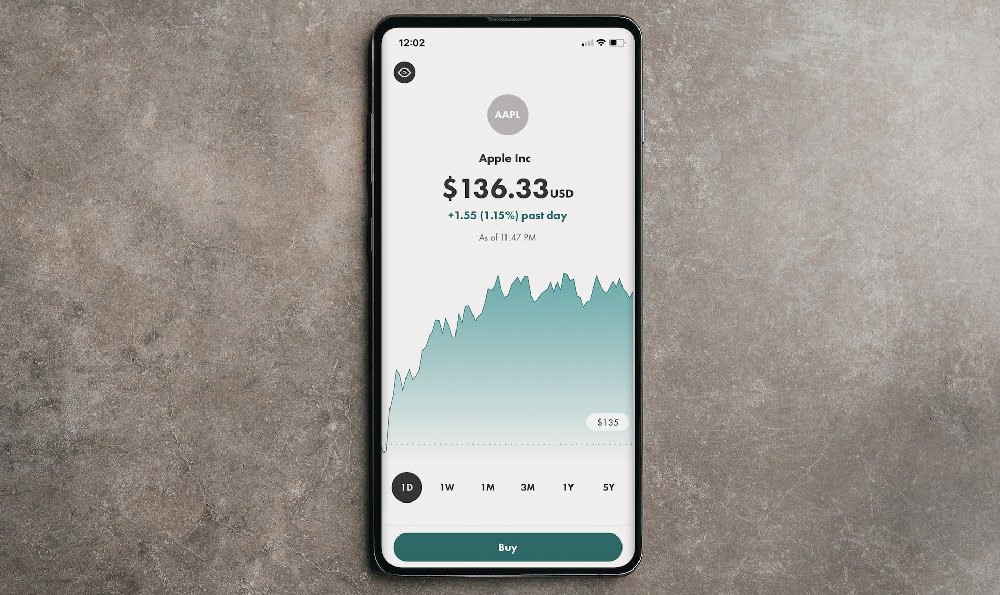Investing in nuclear power, particularly in the current climate, requires a multifaceted approach. It's not merely a question of "worth it" but rather understanding the intricate interplay of economic, environmental, and geopolitical factors that shape the landscape of this energy sector. The answer isn't a simple yes or no; it's a conditional yes, contingent on carefully navigating the complexities involved.
First, consider the macroeconomic environment. Energy security is paramount, especially given the disruptions in global supply chains and the ongoing energy crisis. Nuclear power offers a degree of energy independence, shielding nations from the volatility of fossil fuel markets. This strategic advantage translates to a more stable economic foundation. Beyond energy independence, nuclear power represents a long-term investment in infrastructure. These plants, while costly to build, have lifespans measured in decades, providing a consistent, reliable source of electricity with predictable operating costs. This contrasts sharply with renewable energy sources like solar and wind, which are inherently intermittent and require significant investment in storage solutions to ensure grid stability. The stability provided by nuclear allows for better long term financial planning and potentially more stable revenue streams in deregulated markets.
However, the initial capital expenditure is substantial. Nuclear power plants are among the most expensive energy infrastructure projects. The lengthy construction timelines, often exceeding a decade, further exacerbate the financial burden. These delays are frequently attributed to regulatory hurdles, complex permitting processes, and public opposition stemming from safety concerns. Before investing, thorough due diligence is essential. This includes scrutinizing the project's financial projections, assessing the regulatory risks, and evaluating the management team's experience and track record. Independent third-party assessments of cost estimates and construction schedules are invaluable tools.

Technology plays a crucial role in determining the viability of nuclear power investments. Advanced reactor designs, such as Small Modular Reactors (SMRs) and Generation IV reactors, promise to address some of the shortcomings of traditional nuclear power plants. SMRs, for instance, offer several advantages, including lower upfront costs, shorter construction times, and enhanced safety features. Their modular design allows for scalability, enabling utilities to add capacity as needed. Generation IV reactors, still largely in the research and development phase, hold the potential for even greater efficiency, improved safety, and reduced waste generation. Investing in companies or projects focused on these innovative technologies represents a higher-risk, higher-reward opportunity. Diversification is key; spreading investments across different technology pathways mitigates the risk of betting on a single, unproven technology.
Environmental considerations are central to the nuclear power debate. While nuclear power emits virtually no greenhouse gases during operation, the issue of nuclear waste disposal remains a significant challenge. Long-term storage solutions, such as geological repositories, are still under development in many countries. The costs associated with waste management and decommissioning must be factored into any investment decision. Furthermore, the risk of nuclear accidents, though statistically low, cannot be ignored. Stringent safety regulations and robust emergency response plans are essential to minimize the potential consequences of such events. Support for research and development into advanced fuel cycles and waste recycling technologies can help address the waste disposal challenge and enhance the sustainability of nuclear power.
Geopolitical factors also significantly influence the nuclear power landscape. Government policies, regulations, and subsidies play a critical role in shaping the economics of nuclear power. Supportive government policies, such as carbon pricing mechanisms or tax incentives, can make nuclear power more competitive. Conversely, restrictive regulations or political instability can deter investment. The level of public acceptance of nuclear power varies widely across countries, impacting the feasibility of new projects. Analyzing the political and regulatory environment in the target market is crucial. Countries with strong nuclear safety cultures, transparent regulatory frameworks, and stable political systems are generally more attractive investment destinations.
How, then, should one approach investing in nuclear power? A balanced strategy is crucial. Direct investment in nuclear power plant construction or operation carries significant risks. A more prudent approach may involve investing in companies that provide nuclear technology, engineering services, or fuel cycle management. Exchange-traded funds (ETFs) focused on the nuclear energy sector offer diversification and reduce the risk associated with investing in individual companies. Furthermore, investing in research and development of advanced nuclear technologies can provide exposure to potential future breakthroughs. It's also important to consider the time horizon of the investment. Nuclear power projects are long-term endeavors, requiring patience and a willingness to weather short-term market fluctuations.
Risk management is paramount. Thoroughly assess the risks associated with each investment, considering factors such as regulatory uncertainty, technological obsolescence, and public opposition. Develop a contingency plan to mitigate potential losses. Consult with financial advisors and nuclear energy experts to gain a comprehensive understanding of the industry. Continuously monitor the market and adjust your investment strategy as needed. Staying informed about technological advancements, policy changes, and geopolitical developments is essential for making informed investment decisions. Remember that investing in nuclear power is not a get-rich-quick scheme. It's a long-term investment that requires careful planning, diligent research, and a measured approach.
In conclusion, investing in nuclear power can be "worth it," but only with careful consideration and a strategic approach. It demands recognizing the complexities and interconnectedness of economics, technology, environment, and politics. Due diligence, a diversified portfolio, an understanding of the long-term nature of the investments, and vigilant risk management are all essential pieces of the puzzle. By following these guidelines, investors can navigate the nuclear power landscape and potentially realize the benefits of this vital energy source while contributing to a more secure and sustainable future.












